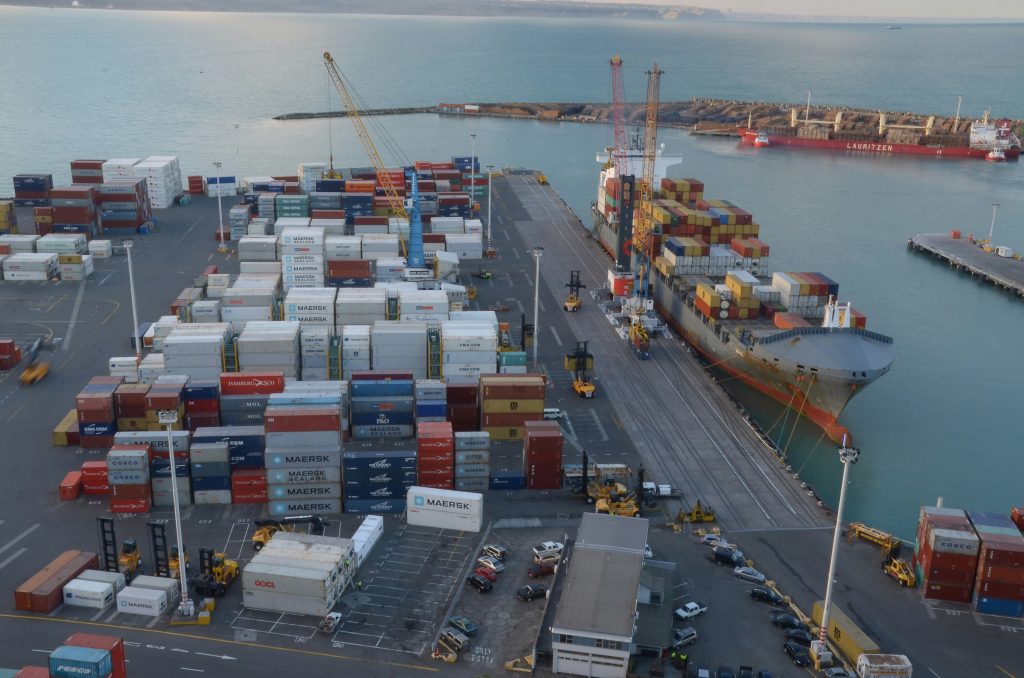
The recent decision by the U.S. Court of International Trade to block President Donald Trump's sweeping tariffs is a pivotal moment in the ongoing debate about executive authority, trade policy, and the balance of power within the U.S. government.
By striking down the tariffs, the court reaffirmed the constitutional principle that Congress, not the president, holds exclusive power to regulate commerce with foreign nations.
The court also ruled that the Trump administration should be required to refund the aforementioned tariffs that had previously been imposed.
At the heart of the court’s decision is the question of constitutional limits. The Trump administration relied on the International Emergency Economic Powers Act (IEEPA) of 1977 to justify imposing tariffs on nearly every country, citing national emergencies such as the flow of illegal drugs and immigrants. However, the court found that the IEEPA does not grant the president unlimited authority to impose sweeping tariffs, particularly when such measures go beyond addressing the specific threats outlined in the law.
According to the U.S. Court of International Trade's decision document (Slip Op. 25-66), at 49 pages, the content of the tariffs against China can be summarized as follows:
| Type of tariff | Changes in tax rates | legal basis | Reasons for the Court's judgement |
| Trafficking tariffs (China) | 10%→20% | IEEPA | No direct link to the claimed threat |
| Global basic tariffs | 10% (all countries) | IEEPA | Exceeding the scope of statutory authority |
| Retaliatory tariffs against China | 34%→ 84%→ 125%→ 10% (provisional) | IEEPA | Trade deficits should be subject to the limitations of article 122 of the Trade Act |
The tariffs, which were a central component of Trump’s economic agenda, were intended to protect American industries, address trade imbalances, and strengthen national security. Yet, their broad application led to unintended consequences, including higher costs for consumers, disruptions to supply chains, and retaliatory measures from trade partners. Critics, including New York Attorney General Letitia James, have described the tariffs as a “massive tax hike” on American businesses and working families, warning of their potential to exacerbate inflation and cause job losses. The court’s decision provides relief to businesses and states that have been adversely affected, while also highlighting the need for more targeted and collaborative approaches to trade policy.
Do you need a logistics carrier to help you transport your goods to the United States? Now is the best time to contact us for a free quote.








